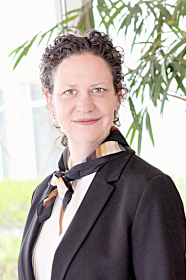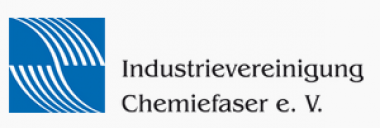A+A Expert Talk: Focus on sustainability and the circular economy
- The A+A Expert Talks head into their third round
On 20 June 2023 between 10.00 am and 11.30 am experts from the fields of sustainability, circular economy, environmental protection as well as corporate fashion and product management will be presenting lectures and discussing the topics of sustainability in supply chains, standardisation and quality seals as well as the associated challenges and solutions in cooperation with German Fashion. They will thereby provide a platform for the exchange of knowledge, experience and innovative approaches.
The focus on sustainability and the circular economy reflects the growing relevance of these topics in the world of work. More and more companies recognise the need to make their business practices more sustainable and optimise the use of resources.
This Expert Talk will be presented by Irina Olm, In-House Lawyer & Counsel of GermanFashion Modeverband Deutschland e.V. and Expert for Circular Economy and CSR, who will contribute her know-how on the European level.
Benjamin Helfritz, Head of Quality in Digital and Green Transformation, DIN – German Institute for Standardisation, will introduce participants to the new standards for the Green Transition.
The Digital Product Passport (DPP) is needed for both the green and digital transition. However, it will only achieve its full added value if interoperability is ensured between existing and emerging systems. The use of the DPP promotes more sustainability and digital progress.
Henk Vanhoutte, Secretary General, European Safety Federation (ESF) and Lucia Mendori, Regulatory Affairs Associate / Chair ESF Working Group Sustainability will present practical examples and concrete application factors for sustainable PPE as well as solutions for sustainable jobwear. They will provide an overview of survey results from their members regarding various sustainability aspects – pointing to how the industry is treating this important topic but also flagging up the limits to the sustainability of PPE.
Lena Bay Høyland, Product Director of the Swedish workwear manufacturer Fristads Kansas will share the sustainability strategy of her company which has committed to minimise its environmental impact by targets and effective measures. The progress made by Fristads Kansas was measured using concrete figures and audits. This is a use case highlighting the innovations and challenges associated with sustainable jobwear.
By organising the Expert Talks the leading international trade fair A+A jointly with its strategic partners from the German Federal Association for Occupational Safety and Health (Basi), Fraunhofer IPA, German Fashion (Modeverband Deutschland e.V.), DGUV (Germany Statutory Accident Insurance), BAuA (Federal Agency for Occupational Safety and Health), BMAS (Ministry of Labour and Social Affairs), IVPS Interessenverbund Persönliche Schutzausrüstung e.V. (PPE Stakeholder Association) as well as IFA (Institute for Occupational Safety) will provide its community with a networking and information platform.
A+A German Fashion Verband Sustainability circular economy environmental protection Corporate Fashion
Messe Düsseldorf GmbH














